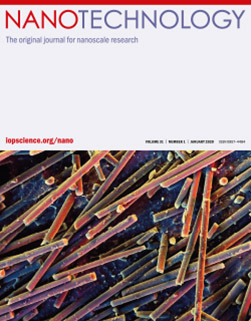All cells secrete unique biomarkers, which are essentially molecular signals that can relay how the cells are faring. By measuring these biomarkers, doctors can easily diagnose ailments and recommend personalized and effective treatments. Genomic sequencing to detect these biomarkers has traditionally been expensive, but researchers at the Center for Genomic Diagnostics have been working to develop inexpensive and minimally invasive technologies that can detect and measure biomarkers within a sample quickly and effectively. These new technologies include both handheld personal devices and simple portable systems that can be used in doctor’s offices with the ability to streamline diagnosis, treatment, and health monitoring inexpensively.
Recent Publications from CGD
From Leaders of the Theme
As our cells, tissues, and organs undergo changes brought about by disease, nutrition, aging, and environment, the expression and translation of genomic-based processes result in modulation of the presence and concentration of biomarker molecules. CGD members at the IGB and the Holonyak Micro and Nanotechnology Laboratory (HMNTL) focus on identifying these biomarkers, developing technologies to detect, diagnose, and monitor disease more rapidly, cheaply and effectively, aided by a powerful multidisciplinary platform for translating innovations in molecular diagnostics.
Information available from molecular biomarkers show promise for developing highly personalized information profiles that can be used for disease diagnosis, health status monitoring, therapy selection, and intervention effectiveness monitoring that is minimally invasive, inexpensive, highly multiplexed, and quantitative. Simple, rapid detection methods, as well as inexpensive and compact detection instruments, are providing pathways toward point-of-care detection systems, whether desktop-based, portable systems deployable in medical offices, or handheld pocket-size devices for self-testing. Initially focused on pursuing detection of cancer biomarkers and pathogens, the CGD research portfolio has grown to encompass technology platforms broadly applicable to scenarios including animal health, maternal health, food safety, and nutrition.
The CGD is an integral part of other campus efforts that include the Cancer Center at Illinois, the Center for Pathogen Diagnostics, the Chan Zuckerberg BioHub, and the Personalized Nutrition Initiative, and has led outreach activities that engage audiences from middle school students through senior citizens to learn about the technologies and societal impact of biosensors and genomic diagnosis.






